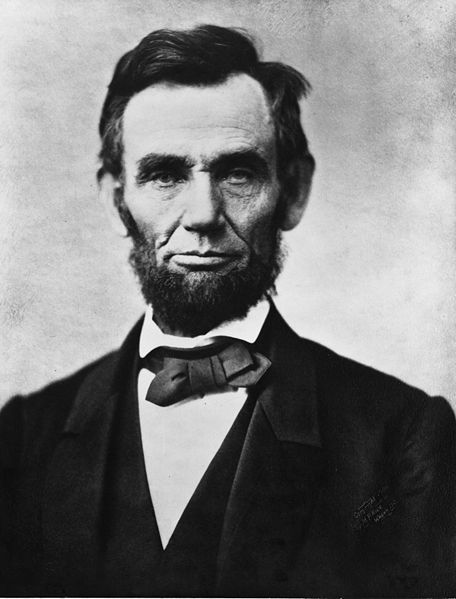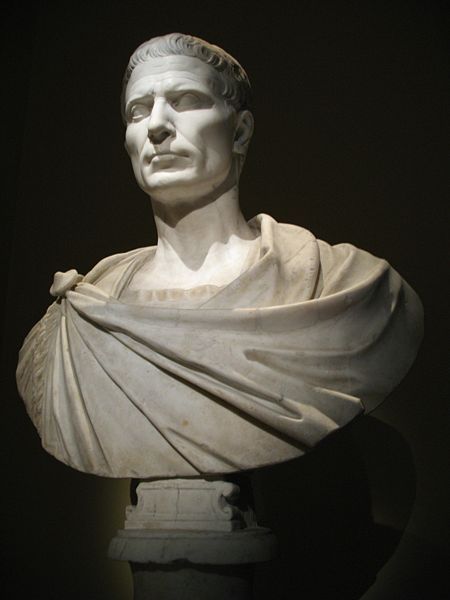People

Martin Luther King Jr.. Wikimedia Commons (Public Domain)

Abraham Lincoln. Wikimedia Commons (Public Domain)
The accomplishments of people are documented throughout this category. We have the stories of historical figures like Lewis and Clark, who attempted to find the Northwest Passage and instead discovered much of the Great Plains. We also have the stories of Amelia Earhart, Pontius Pilate, and Sitting Bull.
In the area of literature and the arts, you’ll find the stories of authors, actors, dancers, p ... Read more
ainters, and sculptors. This includes stories about James Joyce, Jackson Pollock, Mikhail Baryshnikov, and Charlie Chaplin.
The history of medicine is also filled with important and amazing people. It started with Hippocrates, the inspiration behind the Hippocratic oath, and also includes Jonas Salk, the man who developed the polio vaccine, and Florence Nightingale, the founder of modern nursing.
Religions and philosophies are based on the lives, stories, and teachings of some amazing people – just a few are Buddha, Mohammad, Jesus Christ, and Confucius. Also, people who followed these religions have led amazing lives like Dr. Martin Luther King, Jr. and Mahatma Gandhi.
The world of science and technology is also rich with stories of amazing inventors, researchers, scholars, and thinkers. This include Charles Babbage, who proposed and attempted to build the first computer, Steve Jobs and Steve Wozniak, who founded and built Apple Computer, and Eli Whitney, who invented the cotton gin.
From Louis Leakey to the first justices of the U.S. Supreme Court, there are many stories of important and influential people in social sciences and the law. In the area of sports and games, important names include Abner Doubleday, the inventor of baseball, Ivan Lendl, a tennis star, and Paavo Nurmi, a Finnish track star.
Explore more stories about people below.



